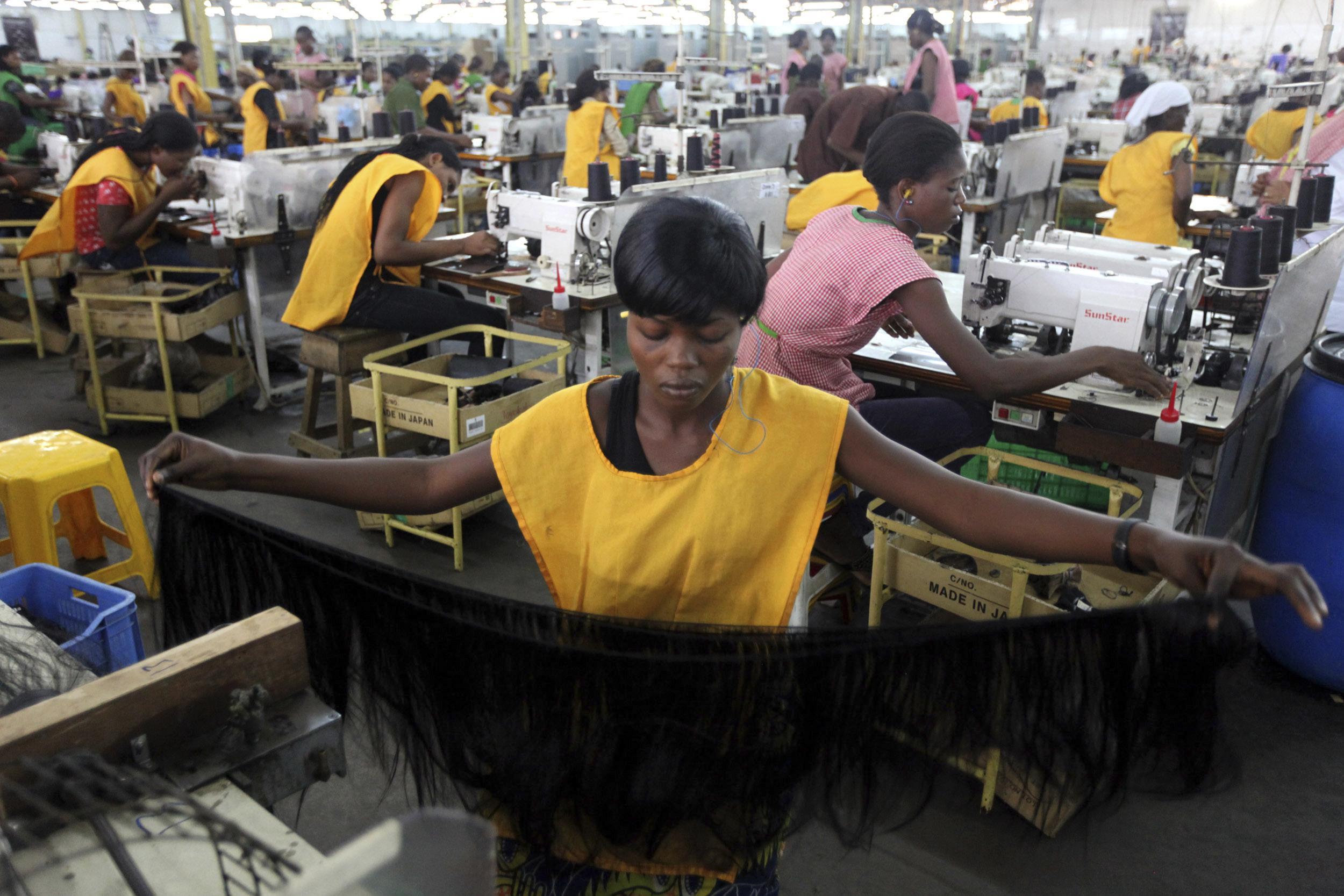Human Capital Horizon matters? The human population comprises of valuable elements necessary for the development of the modern world. As the world keeps to shake off the remnants of the coronavirus, there are some crucial ideas emerging and compelling vital changes in the way humans work. As stability is being restored, it is important also to rethink how to sustain the
[elementor-template id="94265"]











